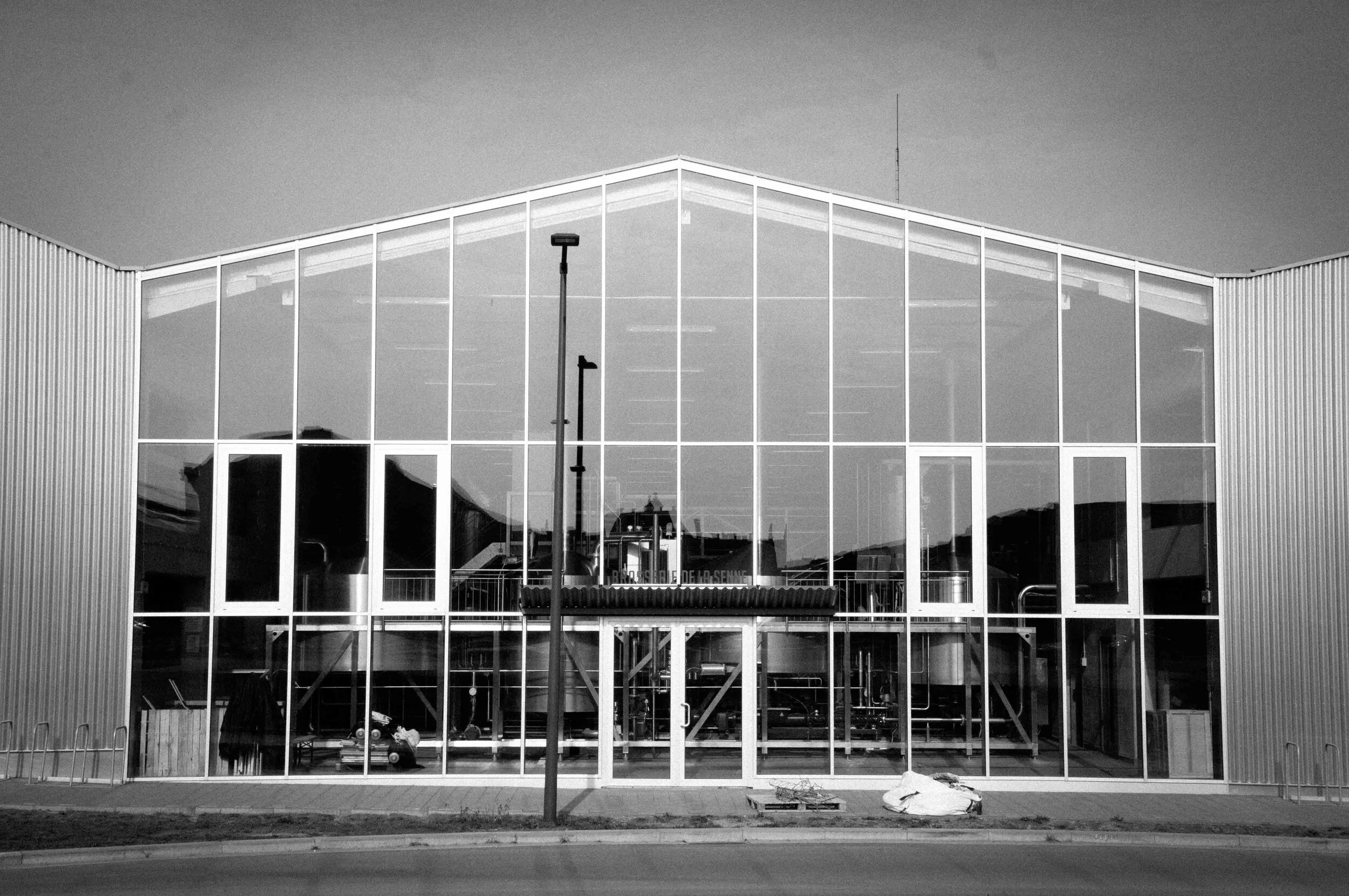A History of Brussels Beer in 50 Objects // #9 Brewers' Oath
Find out more about Brussels Beer City’s new weekly series, “A History Of Brussels Beer In 50 Objects” here.
Object #9 - Brewers’ Oath
18th century
Business Life
“Oath for the brewers who put their work in the hands of the Treasurers and Stewards of this City of Brussels…”
So begins a brewers’ (Brieders in the local dialect) oath published in 1750. It committed members of Brussels’ brewers’ guild to pay tax, to not act fraudulently, to use only grain from Brussels’ mills, to brew and deliver beer that was ordered of them, and to settle their debts. Failure to do so meant expulsion from the guild and serious financial penalties. In truth, the oath was honoured more in its breach than its observance.
The brewers’ guild, like all of Brussels’ medieval artisan guilds, was a monopoly, a position they leveraged for self-enrichment. They also used it to occasionally flex political influence, having - alongside the other guilds - been granted consultative input into Brussels’ governance in 1421. Each guild was a member of a nation, a grouping of similar trades; brewers were part of the St. Jacques nation alongside bakers and pastry bakers, millers, coopers, cabinetmakers, tilers and wine traders. As well as the right to a say on administrative matters, the guild used their monopoly position to determine the quality, quantity and price of raw materials, the price of beer, the way it was brewed, and how it was sold.
Beer was popular, and the brewers’ guild became a wealthy and powerful institution. They were, for example, invited to participate in the processional welcomes of visiting royals, sending on one occasion 30 torchbearers to meet Eleanor of Austria (compared to a measly 18 bakers). And when the Coudenberg palace burnt down in 1731, the brewers generously offered to finance its reconstruction, with one proviso: Brussels would abolish beer taxes. The city refused, disinclined to miss out on 190,000 florins of annual brewing tax income.
But city officials did recognise an entrenched vested interest when they saw one, and occasionally attempted corrective measures to bring them to heel. Brussels’ Treasurers periodically published edicts abolishing the guild’s monopoly on brewing, only for its members to down tools altogether. In one instance in 1655, after Town Hall administrators had proclaimed the expulsion of the brewers’ guild from their nation, brewers blockaded mills, harassed excise collectors, issued death threats to city aldermen, and pelted magistrates with cobblestones.
Order was eventually restored, and the delicate balance between oath-breaking brewers and their counterparts in Brussels’ tax collection offices, continued throughout the 1700s. That is, until it came to an abrupt end right at the end of that century.
French revolutionary troops entered Brussels on July 11, 1795, and four months later on November 10, they extended France’s Loi d’Allard to the territories of the now-dissolved Austrian Netherlands: the all-powerful guilds - brewers included - were stripped of their monopolies and dissolved. Henceforth, anyone in Brussels had the right to brew beer. The guildhalls were expropriated and sold off a year later, and it would be more than 150 years before the brewers’ guild Maison des Brasseurs would echo again to the chatter of haggling brewers.













